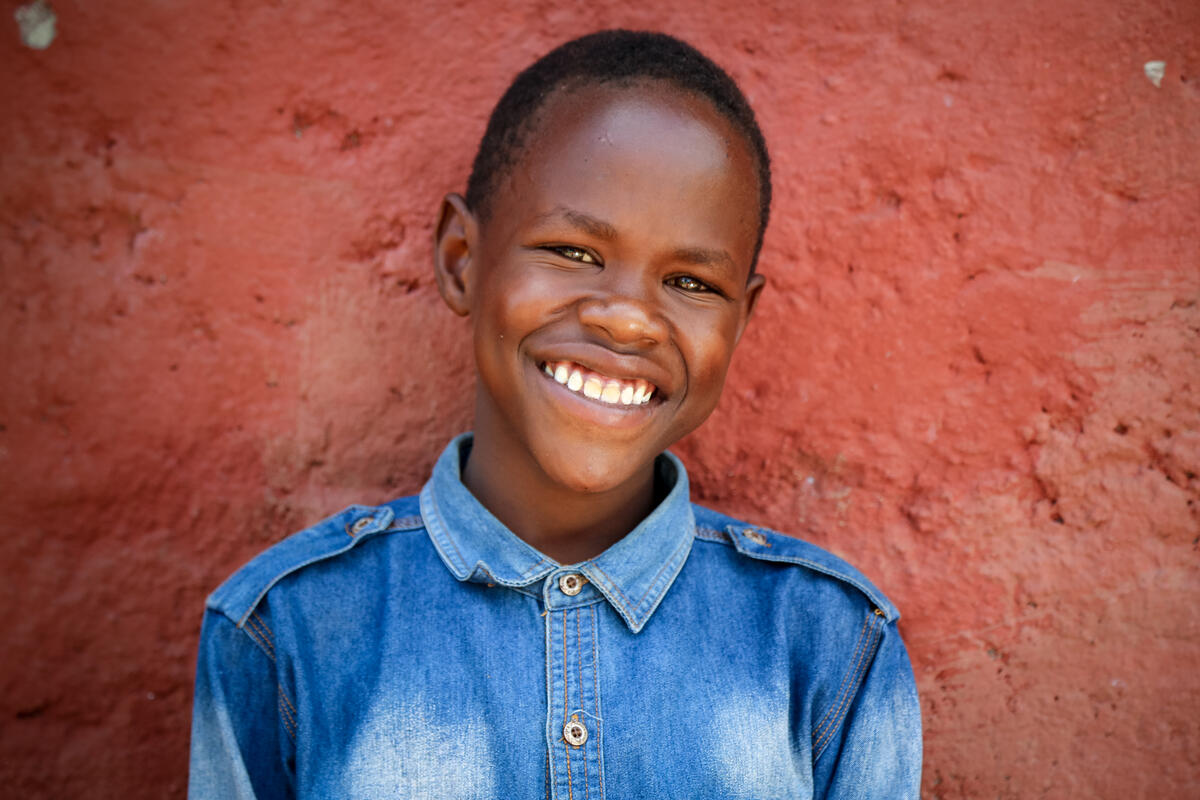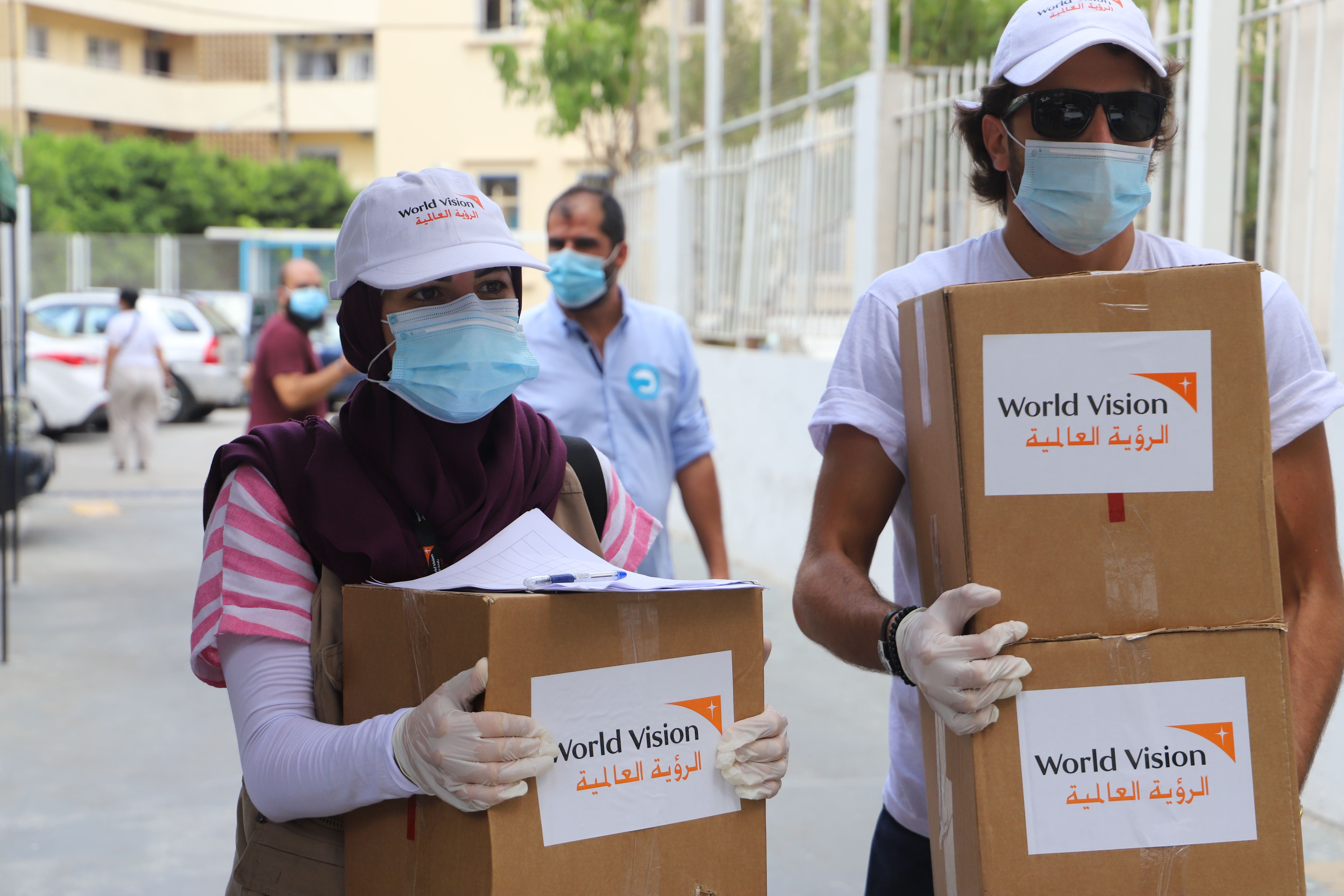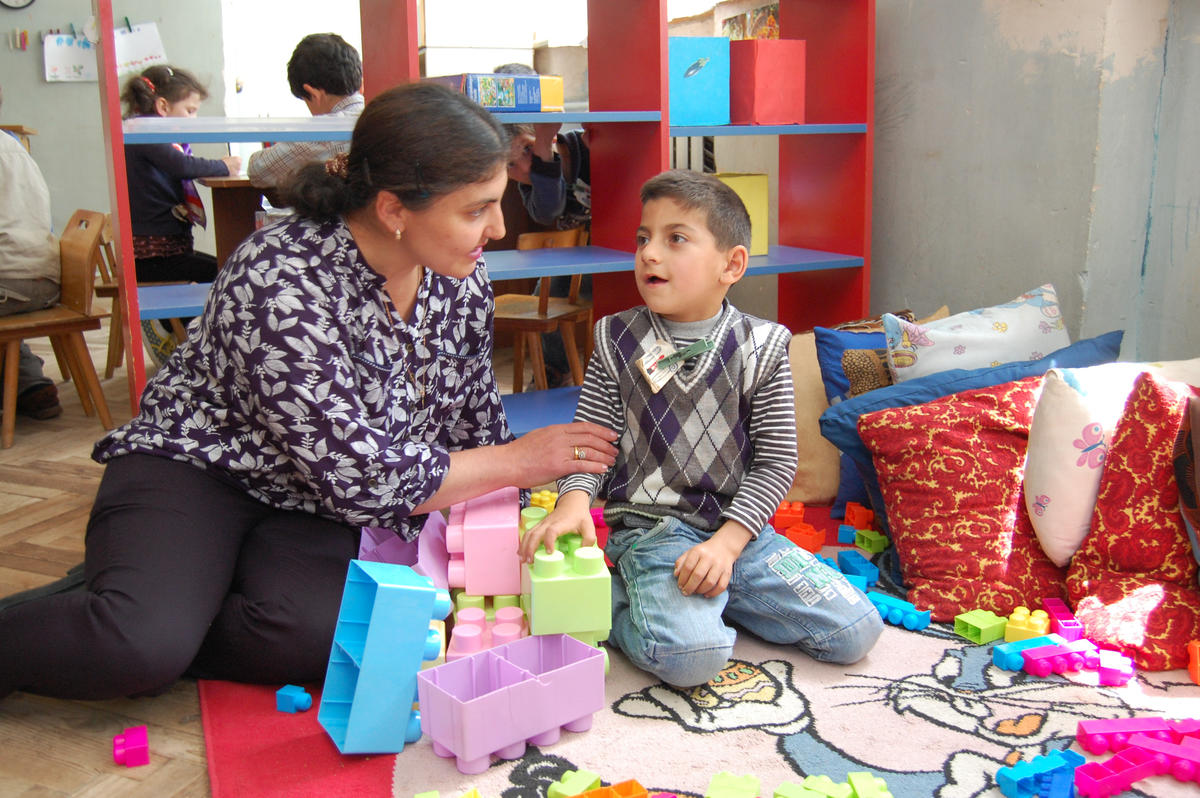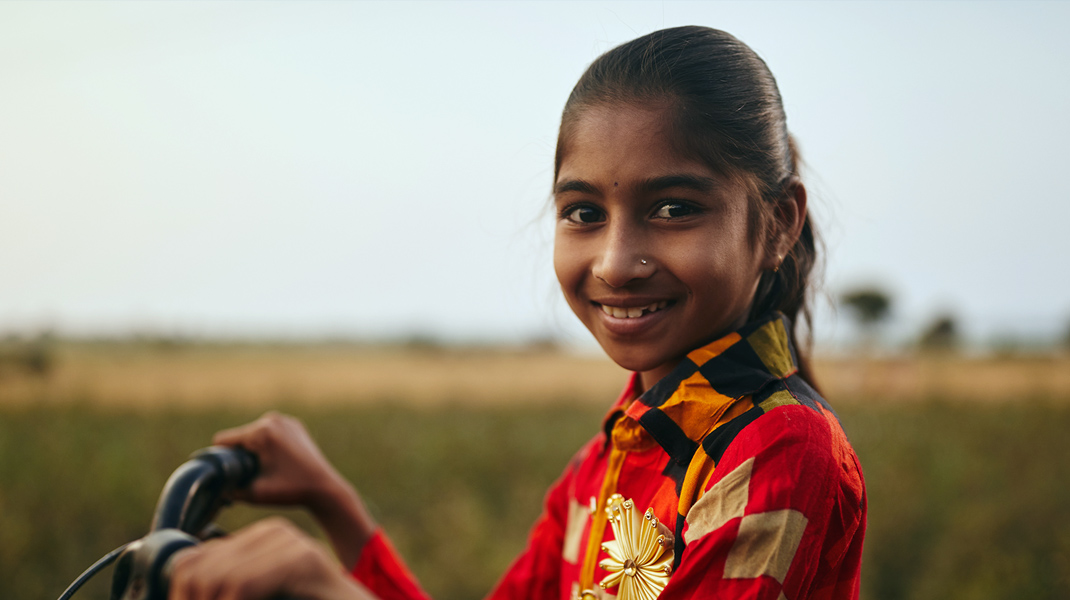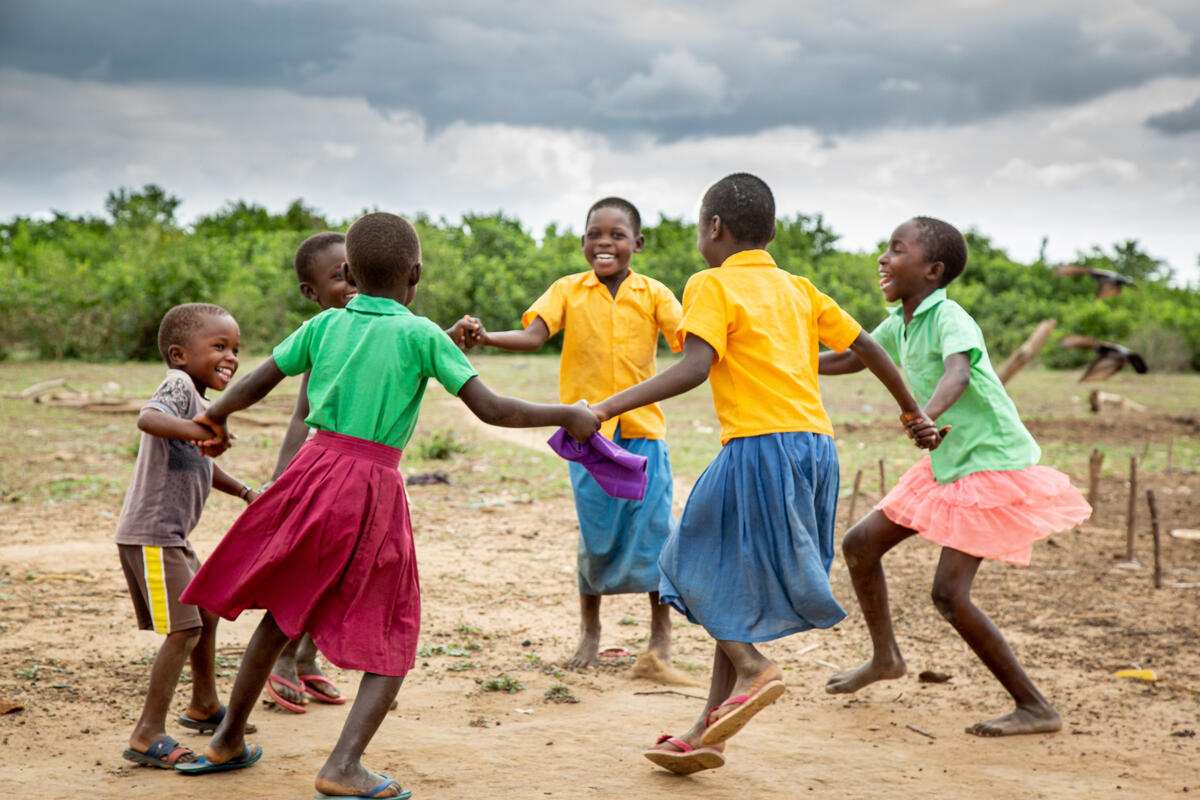
Is Child Sponsorship ethical?
How sponsorship leads to self-sufficient communities and prevents dependency.
Have you ever questioned how ethical Child Sponsorship is?
Does it cause dependency? Is it divisive? Does it reinforce harmful stereotypes? World Vision has been running Child Sponsorship programmes for over 70 years and is very familiar with these concerns.
An ethical Child Sponsorship model is focused on partnering with children and their communities, so they are empowered to break free from poverty, for good. And independent research proves that it works.
A four-year study conducted in nine countries where we work found both sponsored children and non-sponsored children taking part in and feeling the benefits of our programmes. School attendance and health saw particularly encouraging results and whole communities were strengthened through collaboration.
In fact, for every child sponsored, four more benefit too.
One of the biggest reasons that sponsoring a child through World Vision is effective is that we work alongside communities to unlock their own solutions.
Here are 5 reasons why Child Sponsorship is an ethical way to give:
1. Child Sponsorship is an equal partnership
We work hand-in-hand with communities for up to 15 years to create change that lasts. We recognise that every community knows their needs better than we do, and we collaborate with them to bring their solutions to life.
So, working side by side with community members, including children who bring some of the best ideas to the table, every person brings their own gifts and expertise. Throughout this process, communities obtain resources, skills and connections, to build lasting self-sufficiency, rather than short-term fixes.
Communities own and maintain these solutions. Their transformed community is a place where all children – not just sponsored children – can thrive. We are partners from beginning to end.

2. Child Sponsorship addresses specific needs
Through more than 70 years of experience, working in nearly 100 countries around the world, we understand there is no ‘one-size-fits-all’ solution to poverty. Each community is different, so we start by listening.
Some communities may already have a reliable supply of clean water, but lack access to education. They may have healthcare available, but lack nutritious food or job opportunities.
In our experience, the causes of poverty can be broad, but often include inequality and a lack of opportunity and resources. That’s why we work with each community to identify the specific, underlying causes of poverty and consider the ethical ramifications of any intervention.
Together, we develop a plan and then put it into action, with monitoring and support. Every strategy is unique, but all are designed to tackle poverty at its roots and create a lasting impact while doing no harm.

3. Child Sponsorship looks at the bigger picture
Success can only be achieved by looking at the big picture. Rather than specialising in just one area, we work to bring about change in many aspects of community life, from digging wells to preventing child marriage by helping children understand their rights.
This holistic approach extends to emergency relief, long-term development and advocacy.
We measure success by looking at children's physical, social and emotional wellbeing. This approach gives children (and their families) the confidence and freedom to pursue new skills and opportunities. And as they grow into a next generation of resilient professionals, the need for external aid and support in the future dwindles.

4. Child Sponsorship concludes at the right time
We want to ensure that children continue to flourish well after our community partnership is over. We establish priorities and the timeframe it will take to achieve the community’s specific goals. Then we work together to build lasting systems that will enable the community to maintain and build on what has been achieved together.
For example, following up with children to make sure they are going to school; ensuring communities know how to deal with child protection incidents in partnership with local authorities or making sure that farmers have better access to markets through producer groups ensuring that food supply is more stable.
It takes time – usually 10 to 15 years – to equip communities to lead and achieve long-term change. But there comes a point where communities are ready to take the lead and continue making progress with partners including local government.
Life-changing improvements in children’s wellbeing demonstrate that together, we have achieved our goal.

5. Dignity and safety
World Vision UK is committed to eliminating harmful messaging from our communications, particularly that which is exploitative or reinforces dangerous stereotypes.
When a child joins the Child Sponsorship programme, their parents or caregivers give consent for their photo to be shared in certain circumstances.
We deliver a rich and informative experience to sponsors. However, this does not come at the expense of your sponsored child's wellbeing. You'll be given the opportunity to find out how your child is doing and given regular news from their community, but we have strict safeguards in place to prevent inappropriate or sensitive information from being shared.

